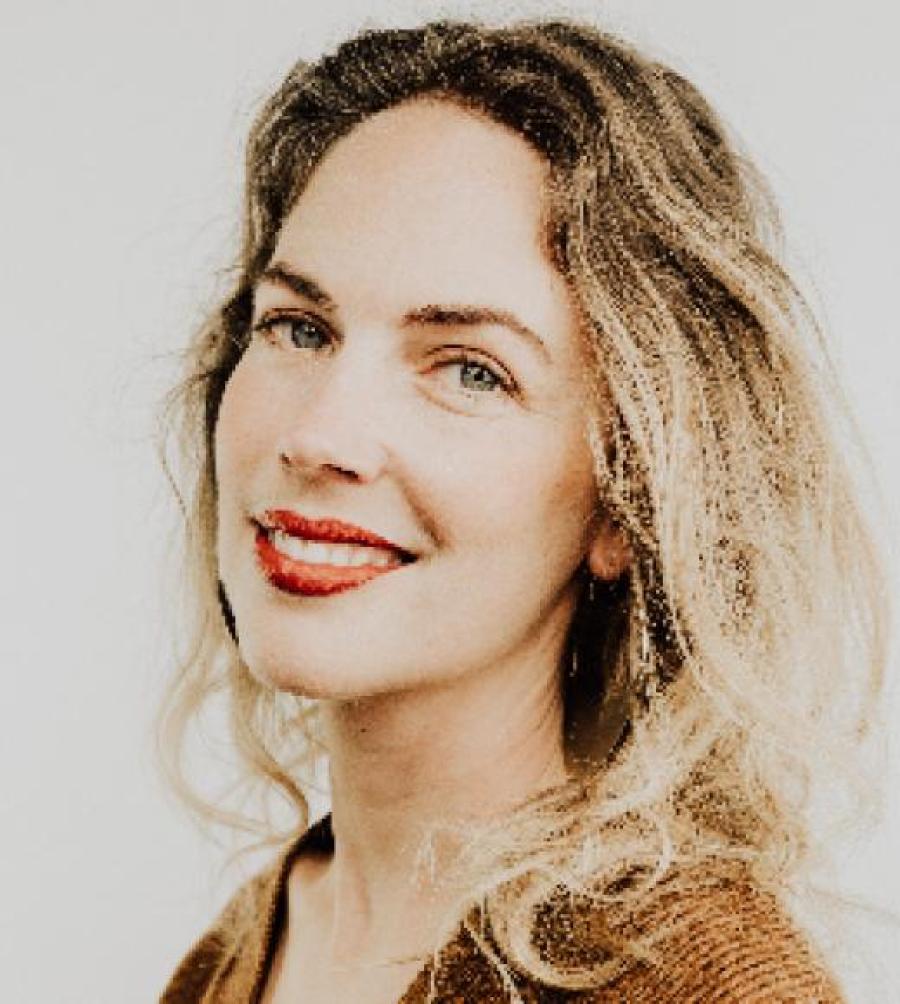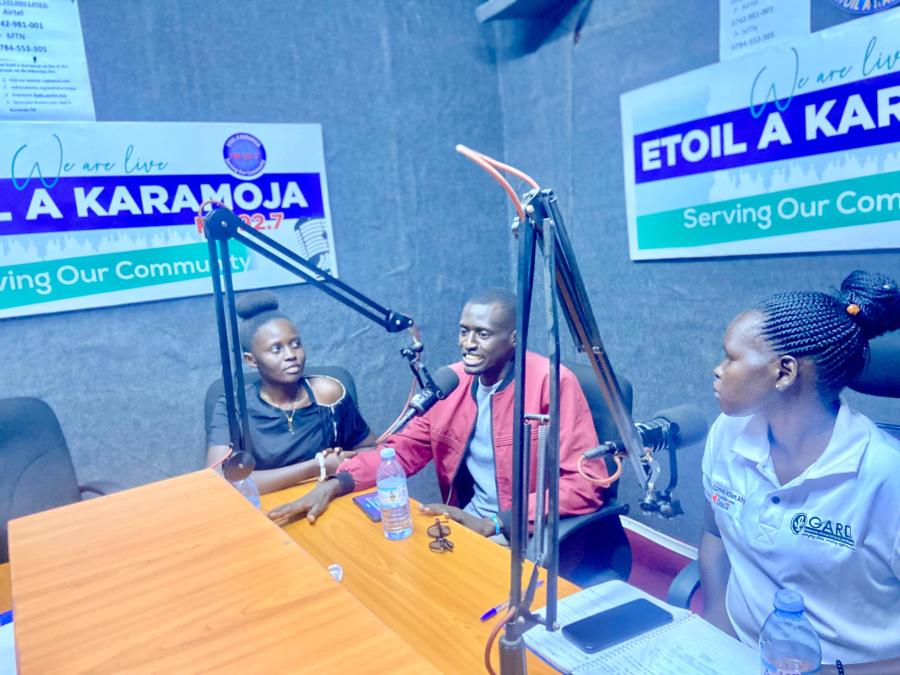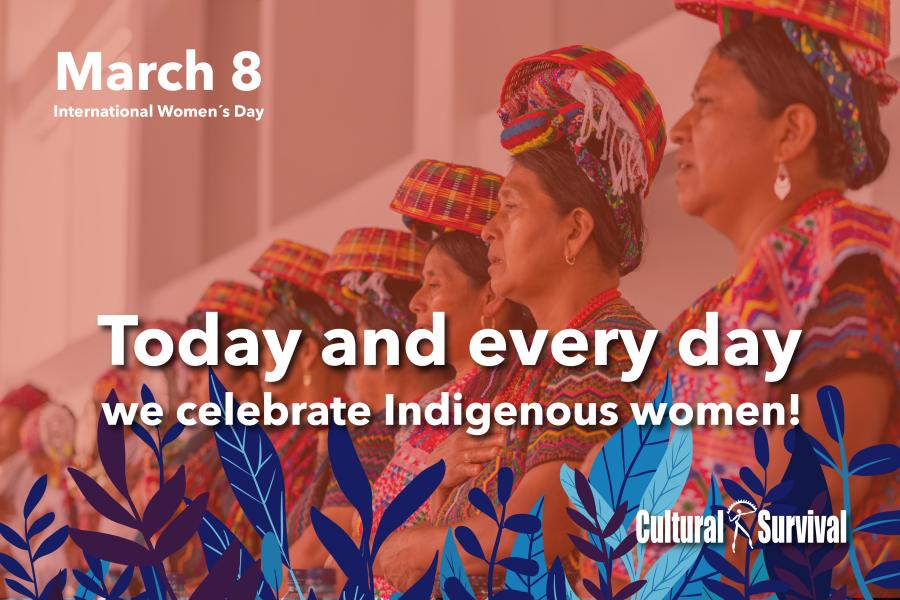As you will read in the article A Woman to Reckon With, our executive director Ellen Lutz stepped down at the beginning of August because of very serious health issues. That article looks back at the extraordinary contributions Ellen made to the organization, but here we want to look forward to where the organization is going, building on the foundation she laid.
As I write this, a search firm is reviewing candidates for a new director, and I am happy to report that we have received more than 140 strong applications from every corner of the globe. Even more encouraging, those applicants include a large proportion of highly qualified Indigenous individuals—a reflection of the growth in the Indigenous movement, and in some regards a testament to the work of Cultural Survival, which has supported that movement for almost 40 years. With such a strong pool of candidates, we are feeling very confident about the future.
The new director will step into an organization that is growing at a time when many others are experiencing a drop in their operations. Over the past year, Cultural Survival has taken on the most ambitious roster of activities in its history: We conducted an on-the-ground human rights investigation in Kenya; coordinated congressional hearings on Indigenous issues in the United States; hosted the Native American language summit at the National Museum of the American Indian and successfully lobbied the Congress to quadruple the budget for endangered Native language programs; introduced a bill to the Guatemalan Congress for a change in its laws that would recognize Indigenous community radio stations; took the government of Panama to the Inter-American Court on Human Rights over a dam that is destroying the homeland of Ngöbe people; submitted reports on Indigenous rights to the United Nations Human Rights Council; merged with the environmental/Indigenous advocacy organization Global Response; sponsored events at the UN Permanent Forum on Indigenous Issues; hosted a summit on media coverage of Indigenous issues at the Soros Foundation in New York; launched successful advocacy campaigns for Indigenous communities in the Philippines and Indonesia, and another campaign to get the United States to endorse the Declaration on the Rights of Indigenous Peoples; pressed the Obama administration to issue an executive order supporting Native language programs; and met with Avatar director James Cameron to discuss the real-life issues faced by Indigenous Peoples on earth—all while growing our own programs, increasing our membership, tripling our magazine’s circulation, and finishing the year on a strong financial footing during a severe recession.
The new director will of course bring his or her own skills, interests, and perspectives to Cultural Survival, and there’s no way of knowing at this writing what those attributes will be, but they will be added to our existing programs, and the result can only mean even greater prospects for the future. In terms of those existing programs, there is already growth on the horizon. Our Endangered Native American Languages Program will be launching its website, languagegathering.org, in the next couple of months, which will provide an invaluable platform for tribal programs to share information, techniques, and expertise. We have already established relations with more than 300 tribal programs across the country, and all of them are submitting material for the site. We hope that the bill we introduced to the Guatemalan Congress recognizing community radio will be voted on shortly after this issue of the Cultural Survival Quarterly goes into the mail, and we believe our extensive lobbying efforts have convinced enough legislators to vote for it to ensure its passage. The Global Response program, too, is growing, with plans for more on-the-ground investigations and even larger campaigns to stop environmental destruction on Indigenous lands.
It goes without saying that Ellen Lutz is personally and professionally missed in the office, but because of her efforts we face the future confidently and optimistically. And with our members’ support, we will be able to do even more to protect Indigenous environments, languages, and cultures.
Mark Camp
Director of Operations and Acting Executive Director



